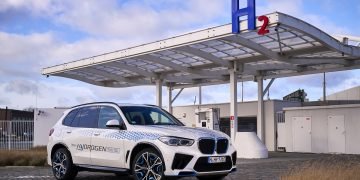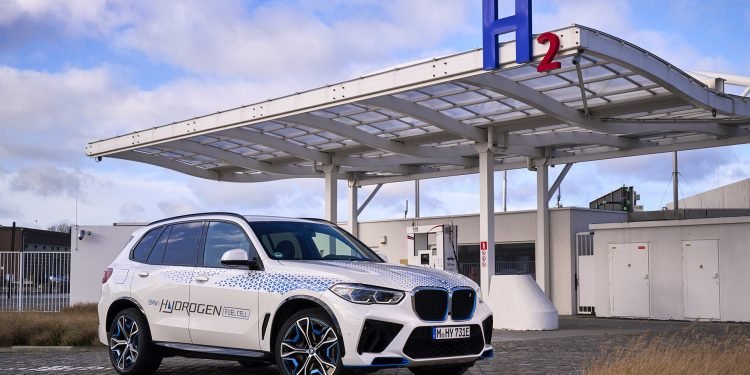BMW Group has announced its plan to convert its factory logistics fleet to hydrogen fuel cell technology by 2030, starting with its Regensburg electric drivetrain plant in Germany. This initiative reinforces BMW’s commitment to sustainability and operational efficiency.
Key Highlights
- Fleet Conversion: BMW will transition around 230 forklifts and tugger trains at Regensburg to hydrogen-powered vehicles starting in 2026.
- Improved Efficiency: Hydrogen refueling will take only 3–4 minutes, compared to manual battery replacements in electric vehicles, which take up to 15 minutes per shift. This will significantly reduce downtime and optimize space.
- Infrastructure Investment: The Regensburg plant will install a 2-kilometer hydrogen pipeline and six refueling stations by early 2026, with an expected annual hydrogen consumption of 150 tonnes.
Sustainability in Action
This move builds on BMW’s prior introduction of hydrogen-powered automated guided vehicles (AGVs) at its Leipzig plant in 2022. It also aligns with the company’s plans to launch fuel cell electric vehicles (FCEVs) in collaboration with Toyota by 2028, further cementing hydrogen as a key pillar in BMW’s zero-emission strategy.
Conclusion
By adopting hydrogen fuel cells in its logistics operations, BMW is setting new standards for sustainable manufacturing while boosting efficiency and reducing its environmental footprint.
Stay updated on green logistics trends at The Logistic News.























